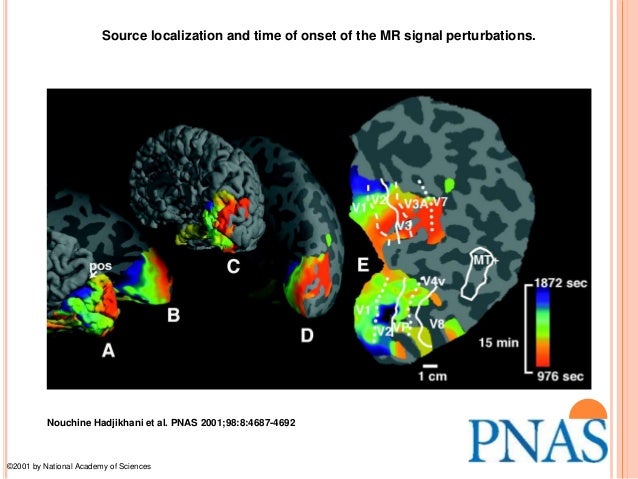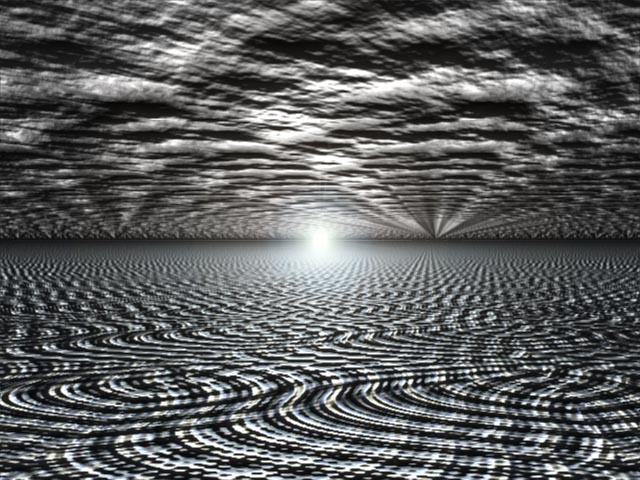

about-macular-degeneration/what-is-macular-degeneration/types/dry-vs-wet-macular-degeneration patients/retinal-diseases/38/charles-bonnet-syndrome learn-about-eye-health/eye-conditions-and-diseases/age-related-macular-degeneration You can learn more about how we ensure our content is accurate and current by reading our editorial policy. Healthline has strict sourcing guidelines and relies on peer-reviewed studies, academic research institutions, and medical associations.
practice stress reduction/relaxation techniques. adjust the lighting in the room (not too dark, not too bright). alternate your gaze to the left and right several times without turning your head. To help manage wet AMD hallucinations when they occur, you can: repetitive transcranial magnetic stimulation. Though more evidence is needed, case reports suggest certain medications and procedures may help, including: Medications or therapies to help control hallucinations might be used if your symptoms are severe. There’s no cure for Charles Bonnet syndrome, but medications and management strategies can help.įor mild symptoms, your doctor might focus on reassurance rather than any medically based treatment. You may have a higher chance of experiencing Charles Bonnet syndrome due to: People living with Charles Bonnet syndrome were found to have a distinguishable, hyperexcitable neural response to input from their peripheral vision, compared to people living with AMD without hallucinations. While it’s not clear why some people develop wet AMD hallucinations while others don’t, a 2018 study suggests that differences in neural connectivity may play a role. Living with wet AMD may increase the chances you’ll experience visual hallucinations, but not everyone living with wet AMD does. When it lacks sensory information, the brain creates what seems correct, even if it’s not - a visual hallucination. Wet AMD hallucinations result from your brain trying to make sense of limited input from your macula. It’s made up of photoreceptor cells that signal the brain about what light you’re seeing. The macula is responsible for your central vision, color perception, and ability to see detail. Over time, fibrosis and scarring can lead to permanent tissue changes and vision loss. Leaking blood and fluid from abnormal blood vessels underneath the retina distort the macula’s ability to transmit a sharp visual image. Among those diagnosed with wet AMD, the prevalence is 7.2%. Wet AMD is considered a late-stage condition due to how quickly and significantly it impairs vision, and it’s sometimes a part of the progression of dry AMD.Īccording to a 2019 review, the prevalence of Charles Bonnet syndrome among people with age-related macular degeneration is 15.8%. A 2008 study found that rates of Charles Bonnet syndrome were highest in late-stage AMD. Late-stage vision loss may make you more likely to experience visual hallucinations. While they’re sometimes complex, these hallucinations aren’t often disturbing, though they can be for some people. 
Unlike the hallucinations experienced in psychosis, you’re typically aware that Charles Bonnet syndrome hallucinations aren’t real. It was named after the Swiss philosopher Charles Bonnet, who wrote about the condition in 1760 after witnessing it in his grandfather.Ĭharles Bonnet syndrome hallucinations are visual perceptions that can include realistic images. Hallucinations can occur when your brain tries to fill in the information gaps.Įxperiencing hallucinations due to vision loss, without psychological causes, is known as Charles Bonnet syndrome.

Your brain receives information from your eyes, and if your eyes aren’t functioning accurately, the information sent to the brain can be misinterpreted.

Visual hallucinations can occur any time your vision is impaired. How are visual hallucinations and wet AMD connected?








 0 kommentar(er)
0 kommentar(er)
